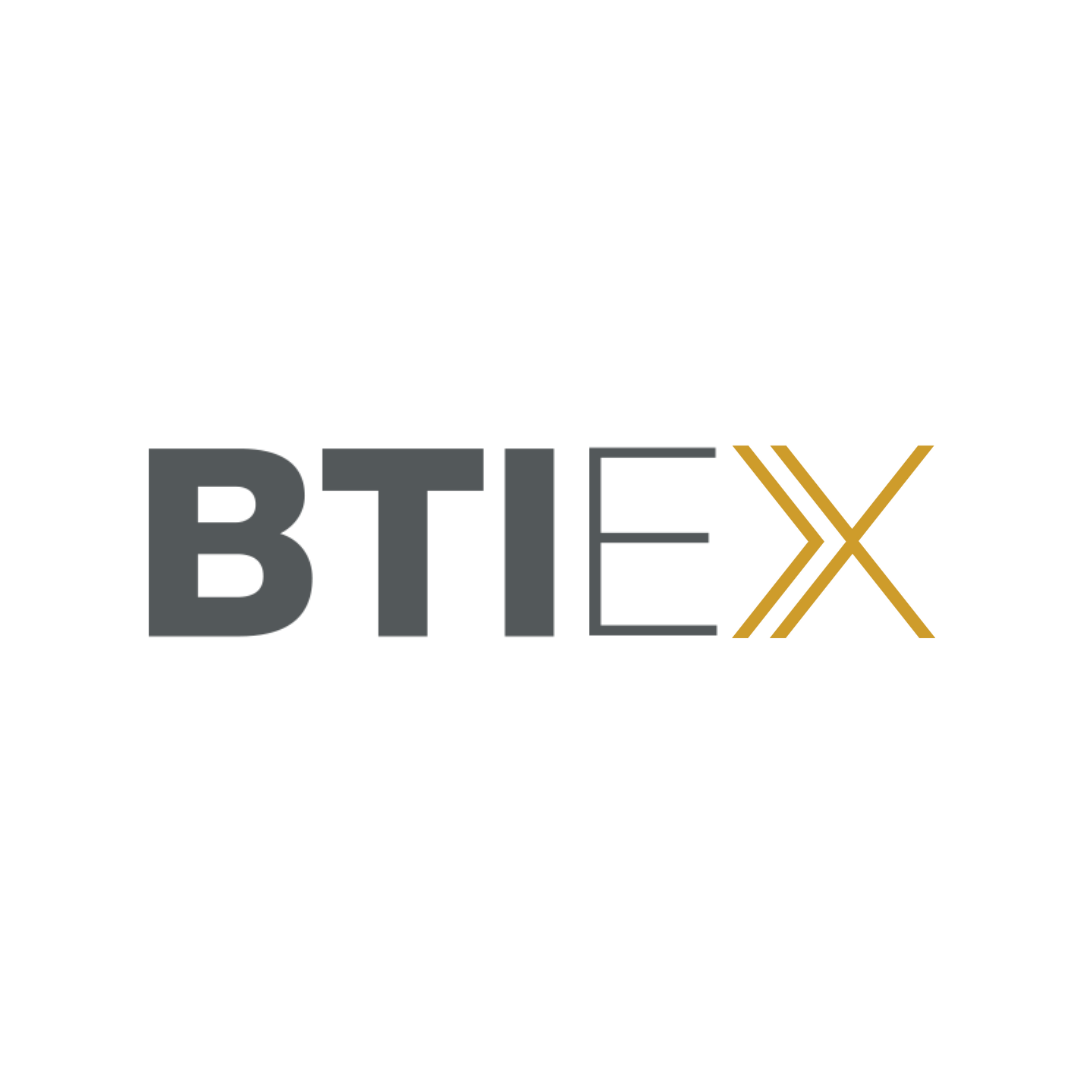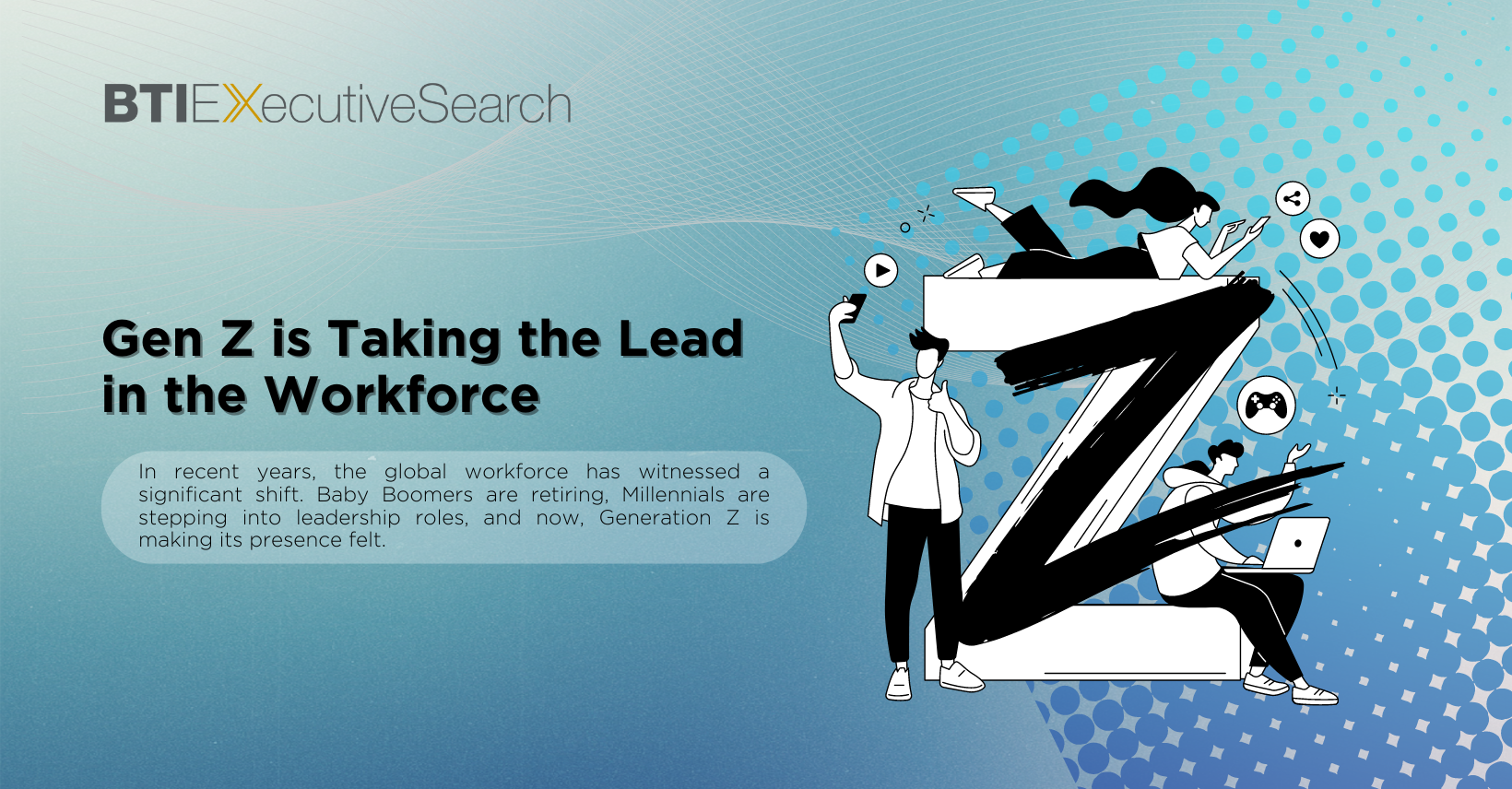In recent years, the global workforce has witnessed a significant shift. Baby Boomers are retiring, Millennials are stepping into leadership roles, and now, Generation Z is making its presence felt. Born between the mid-1990s and early 2010s, Gen Z represents the future of our workplaces. Understanding their values, motivations, and work styles is crucial for organisations aiming to attract and retain this new wave of talent. This article will explore how Gen Z is transforming the workforce and why businesses need to keep up with these trends.
Gen Z’s Strengths in the Workplace
Fast Learners
One of the most remarkable traits of Gen Z is their ability to learn quickly. Having grown up in the digital age, they are adept at navigating new technologies and platforms with ease. This adaptability makes them invaluable in a rapidly changing work environment where technological advancements are a constant.
Effective and Determined
Gen Z employees are known for their effectiveness and determination. They are goal-oriented and have a clear understanding of their objectives. This focus allows them to execute tasks efficiently and deliver results in a timely manner. Their determination often drives them to go above and beyond, consistently striving for excellence.
Self-Aware and Know Their Worth
Gen Z is acutely aware of their value in the marketplace. They understand their skills and are confident in their abilities. This self-awareness translates into a strong sense of purpose and direction in their careers. They are not afraid to advocate for themselves, whether it’s negotiating salaries or seeking opportunities for growth.
How to Engage Gen Z in the Workplace
Treat Them as Equals
One of the most crucial aspects of managing Gen Z is to treat them as equals. Despite their young age, they bring a wealth of knowledge and fresh ideas to the table. It’s essential to respect their contributions and provide them with a platform to voice their opinions. Patronising or underestimating them can lead to disengagement and reduced productivity.
Allow Autonomy
Gen Z values autonomy and the freedom to approach tasks in their own way. They thrive in environments where they are given the flexibility to innovate and experiment, as long as they adhere to the company’s rules and guidelines. Micromanagement can stifle their creativity and hinder their performance. Trusting them to deliver results fosters a sense of responsibility and ownership over their work.
Provide Opportunities for Growth
Career development is a significant motivator for Gen Z. They seek roles that offer opportunities for learning and growth. Providing regular feedback, mentoring, and upskilling opportunities can help them advance in their careers. Encouraging continuous learning and development not only benefits the employees but also enhances the overall capability of the organisation.
Adapting to Gen Z’s Work Style
Leverage Technology
Gen Z is the first generation to grow up with the internet and smartphones. They are tech-savvy and expect their workplaces to be equipped with the latest technologies. Leveraging digital tools for communication, project management, and collaboration can enhance their productivity and engagement. Companies that invest in technology are more likely to attract and retain Gen Z talent.
Promote Work-Life Balance
Work-life balance is a priority for Gen Z. They value their personal time and seek employers who respect this balance. Offering flexible working hours, remote work options, and promoting a healthy work-life balance can significantly improve their job satisfaction. Companies that prioritise employee well-being are likely to see higher levels of engagement and loyalty.
Foster an Inclusive Culture
Gen Z is known for their progressive views on diversity and inclusion. They expect their employers to uphold these values and create an inclusive work environment. Promoting diversity, equity, and inclusion initiatives can attract Gen Z talent and foster a positive workplace culture. Encouraging open dialogue and addressing issues related to bias and discrimination are essential steps in building an inclusive workplace.
The Future of Leadership
Gen Z is poised to become the future leaders of the workforce. Their unique combination of technological proficiency, determination, and self-awareness positions them as the next generation of innovators and change-makers. Companies that recognise and nurture these qualities will be at the forefront of industry advancements.
However, to fully harness the potential of Gen Z, organisations must stay abreast of recent trends and adapt their management strategies accordingly. Understanding their motivations and work preferences is key to creating an environment where they can thrive.
Gen Z is redefining the workforce with their unique values, skills, and expectations. By understanding and adapting to these trends, businesses can create a thriving workplace that not only attracts this new generation but also drives innovation and success in the years to come.
At BTI Executive Search, we understand the importance of staying ahead of workforce trends. Our team of experts is dedicated to helping organisations attract, develop, and retain top talent, including the emerging Gen Z leaders. Our expertise in executive search and talent management enables us to identify and nurture the leaders of tomorrow. Contact us today to learn more about how we can support your organisation in building a future-ready workforce.
Related Article




